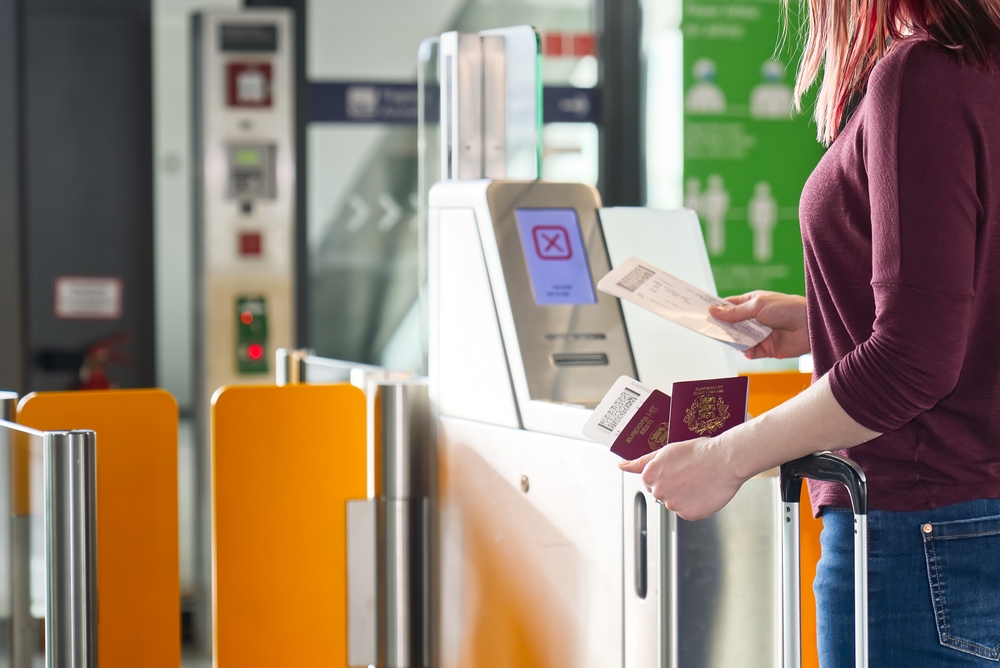The UK’s latest immigration white paper, Restoring Control over the Immigration System, signals the most ambitious overhaul of migration policy in more than a decade. Changes to UK visa and settlement rules after the 2025 immigration white paper – House of Commons Library. At Leap29, we know that changes in immigration regulations can feel overwhelming, especially for employers managing international teams and candidates planning their future in the UK.
The UK government’s white paper is a response to record-high net migration. Examples of the issues that migration has caused are strained public services, disruption of the labour market, and increased pressure on housing. The new approach is about “restoring control,” reducing reliance on international recruitment, and ensuring that migration policy supports long-term skills development and economic growth in the UK.
Key Policy Changes
The UK’s latest immigration white paper brings in some major changes, especially when it comes to Indefinite Leave to Remain (ILR). For most routes – including skilled workers and other long-term visa holders – the qualifying period for ILR is set to double from five to ten years. The government’s message is clear: earning a settlement in the UK should reflect a genuine, sustained contribution, rather than being a near-automatic result of temporary residence. This move is part of a broader effort to reduce net migration and encourage deeper integration into UK society.
However, there’s a new “earned settlement” route. Migrants who make exceptional contributions, such as working in the “critical infrastructure” sector, such as energy, water and transportation and having outstanding talent, or engaging in community service, may qualify for accelerated settlement, maybe after five to seven years. The exact criteria for this fast-track option will be shaped through consultation later in 2025
Under the new reforms, both settlement and citizenship will become part of the UK’s points-based system. Individuals will be able to earn points not just for their economic contributions, but also for how well they integrate into the community, their English language skills, and their involvement in civic life. This approach represents a move towards a more merit-driven and well-rounded evaluation of each person’s impact on UK society.
The Skilled Worker visa is getting a bit tougher with the new UK immigration changes. The skill level required will go up from A-level (RQF Level 3) to graduate level (RQF Level 6), which means about 180 jobs will no longer qualify. Salary thresholds are also set to rise, though the exact numbers are still being worked out. Plus, the Immigration Salary List, which gave some jobs a break on salary requirements if they were in short supply, will be scrapped. Going forward, only roles with a clear, long-term shortage and a solid plan to fill gaps locally will be able to bring in international workers.
Family migration rules are also tightening, with higher salary and English language requirements for sponsors and dependents. A new policy aimed at fairness and preventing abuse is expected by the end of 2025. Leap29 can provide expert UK visa and work permit guidance as this reform takes shape. As part of the UK government’s digital transformation, foreign residents will need to register for e-visas, replacing physical residence permits. This shift puts more responsibility on individuals and employers to ensure documents remain valid and up to date.
What Does This Mean for Employers and HR Teams?
In short, Leap29 would recommend that employers be more proactive with workforce planning. With tougher skill and salary rules, bringing in international talent will take more effort, and likely more budget, especially for jobs that aren’t graduate-level or on the shortage list. Plan time to check that your HR systems are set for digital processes like eVisa registration. Keeping your workforce updated with the changes and supporting them accordingly. Make sure your international employees know what’s changing and feel supported as they adjust, and with the government encouraging more local hiring, investing in training and upskilling your UK staff will help keep your business resilient for the future.
Leap29 understands that change is never easy and isn’t just about compliance – it’s about people, opportunity, and growth. We’re committed to helping our clients and candidates make sense of these changes, so if you’re an employer simply mapping out the future of your workforce or would need guidance, we are here to share tailored advice.





